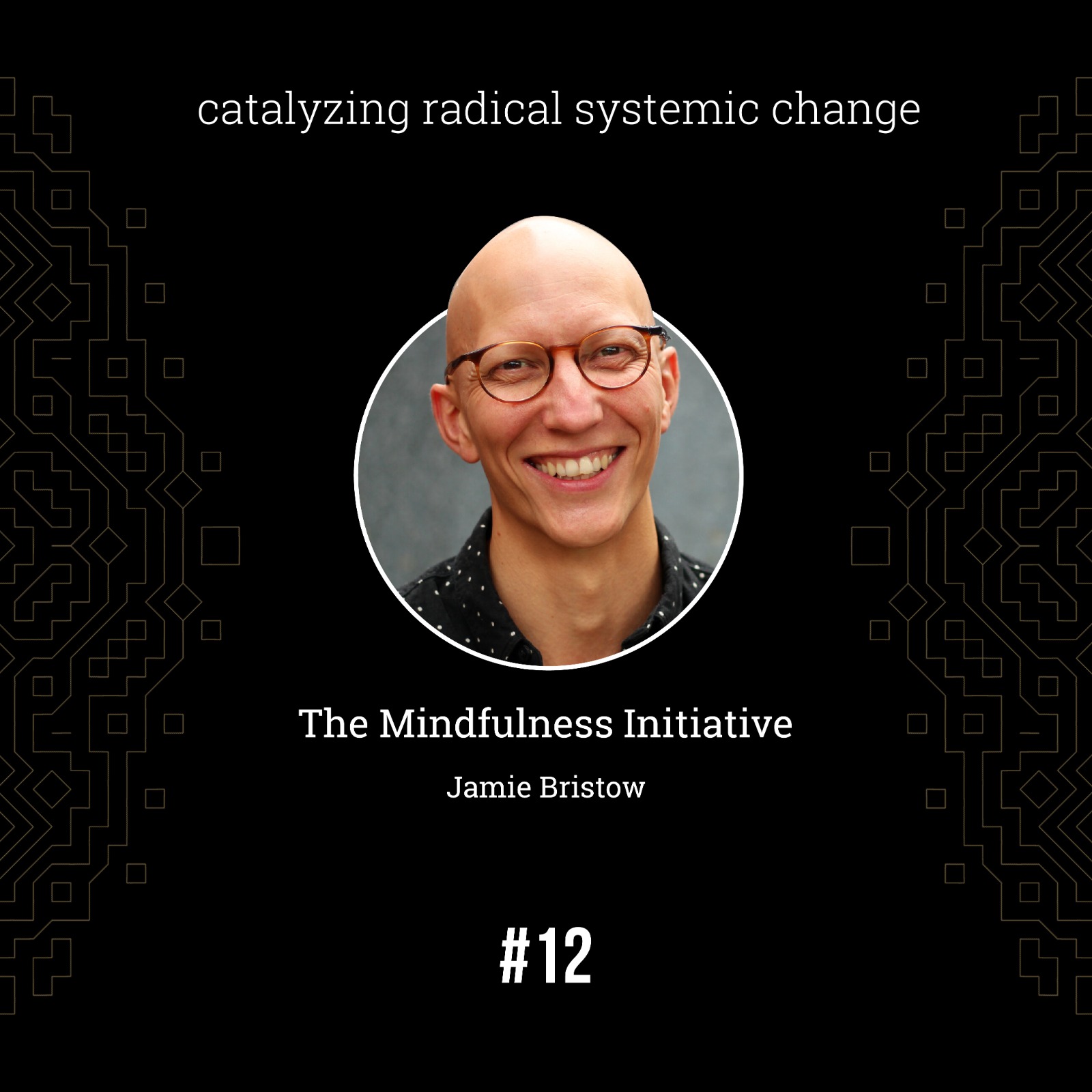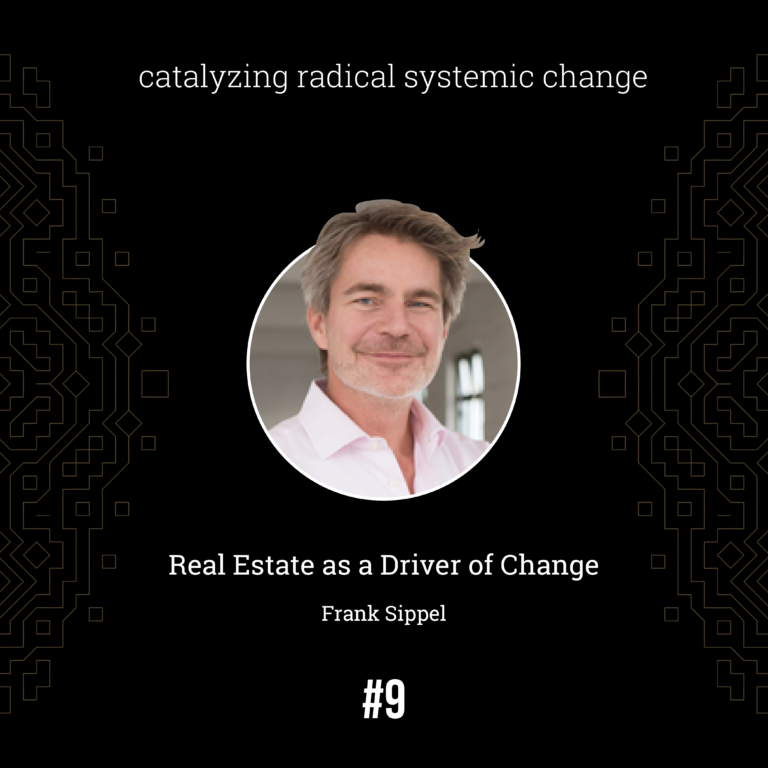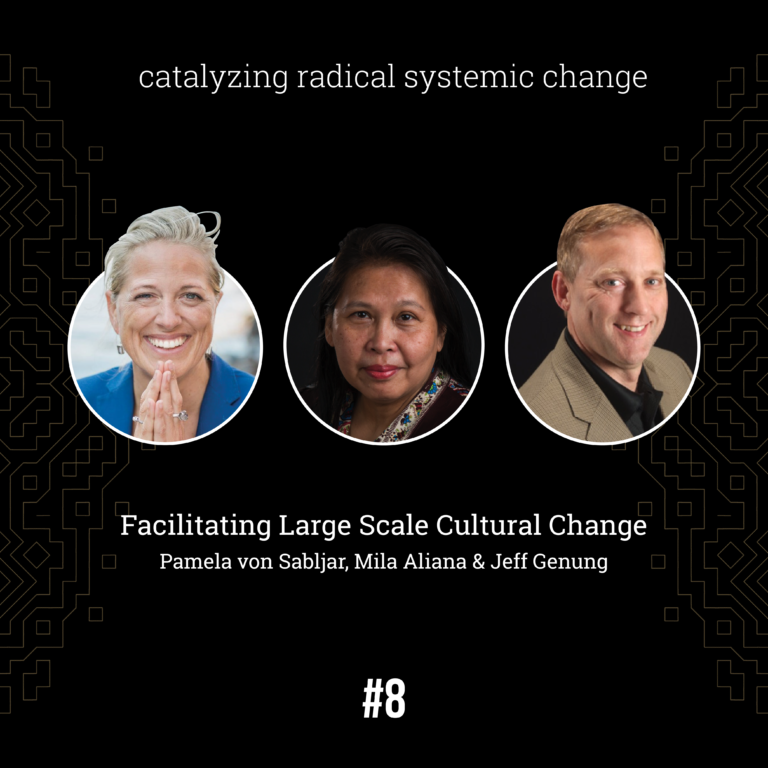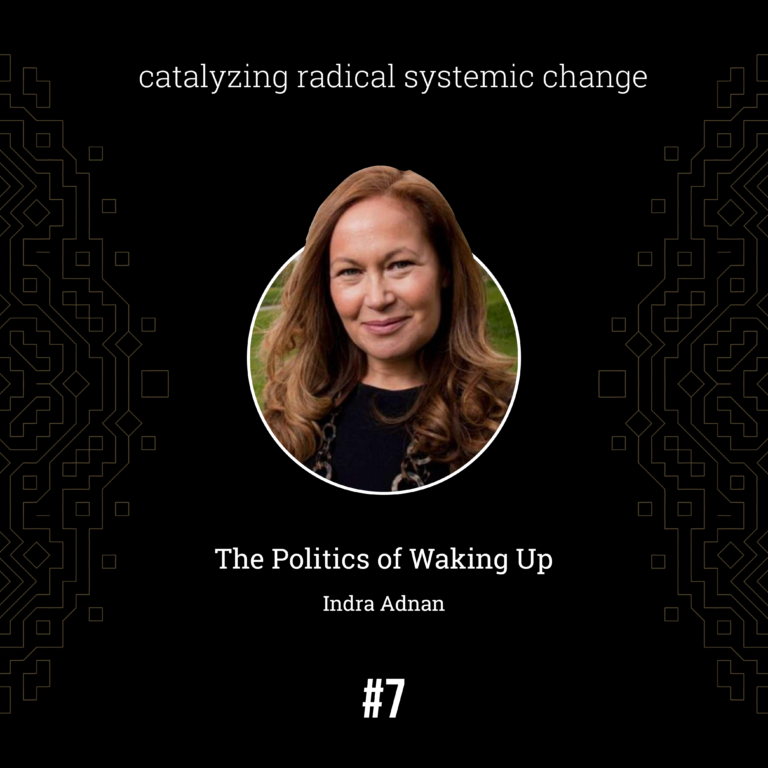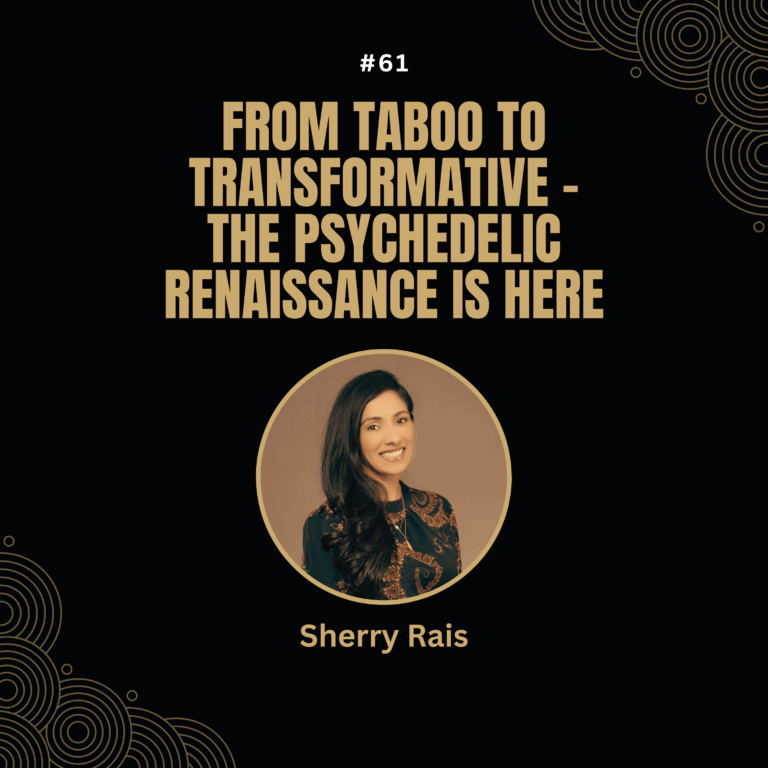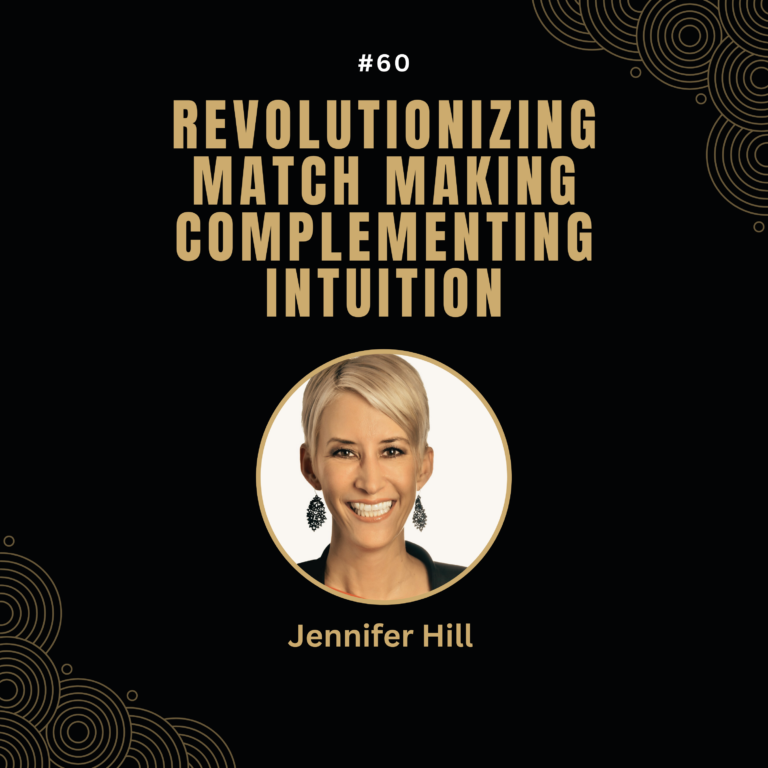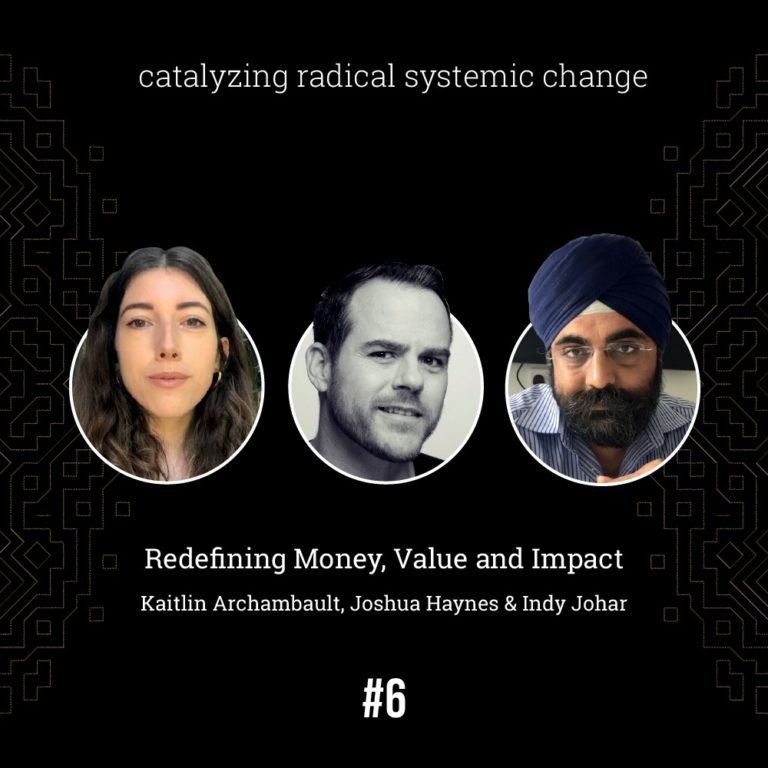Mindfulness seems to be everywhere these days. But it’s not often that I see mindfulness connected to politics. Which is exactly what Jamie is doing for many years.
Especially in times of the many divides and the multi-crises we find ourselves in, bridging wisdom traditions and weaving unlikely alliances is more important than ever.
I quote from the study, to kick of the conversation: “Most large-scale climate action to date has focused upon practical solutions to physical problems. Increasingly however, voices in the sustainability field warn that neglect of inner factors driving the climate crisis leaves theories of change wanting; in part explaining the failure of current policies to deliver adequate response.”
In this podcast we are talking about:
- Advocacy of inner work in a social change context.
- While we don’t suggest that mindfulness and compassion are sufficient on their own to effect radical change, we argue that these innate human capacities are fundamental to conscious connection: at all times, and particularly in meeting the many dimensions of the climate crisis.
- Similarly, change at collective, organisational and systems levels requires more time and investment in research and policy. While thousands of trials demonstrate the effectiveness of mindfulness and compassion interventions in a clinical context, studies that examine direct causation of prosocial outcomes are at an early stage. For instance, while positive relationships between mindfulness and sustainable consumption can be demonstrated, it cannot yet be assumed that mindfulness leads directly and causally to sustainable consumption behaviour. However, evidence suggests that mindfulness can create preconditions for such changes.
- “We need to approach the climate crisis from a position of consciousness, and of conscience, as well as science. I think that’s where mindfulness and compassion can be absolutely key. They can make that connection between the mind, body and heart – in an evidence-based way.” – Chris Ruane, Member of the British Parliament for 20 years and founder of the UK All-Party Parliamentary Group on Mindfulness
- “There are many changes to make over the next 10 years, and each of us will take different steps along the way, but all of us start the transformation in one place: our mindset.” – Christiana Figueres, Former Executive Secretary of the United Nations Framework Convention on Climate Change (UNFCCC) 2010-2016.
- “We’re swamped with so much information, so cultivating the attention is key – the ability to focus on and actually retain information so as to really discern what is important.” – Anne-Louise Friedrichsen, Advisor at the Directorate-General for Human Resources and Security, European Commission
- “We are so focussed on digital stimuli that as a counterforce we have a growing need to look inside, and also to look to real and physical things such as nature. I think there is this growing fear that we are being alienated from our physical reality.” – Yoko Alendar, Member of the Estonian Parliament and chair of its Environment Committee.
- “I think mindfulness can help improve mutual understanding by creating space for considering any serious, intractable or complex situation, both logically and emotionally.” – Scott Brison, former Member of the Canadian Parliament and President of the Canadian Treasury Board
- “We risk a ‘breakdown loop’, where the state of the world creates negative states of mind leading to antisocial citizenship behaviours, which worsen the state of the world or prevent us from acting to improve it…we need to reverse that cycle and create a ‘breakthrough loop.’” – Alex Evans, author, founder of A Larger Us, former Campaign Director at Avaaz.
- “When I was 15, there was a shooting in my school. I was nearly killed, and my friend was killed. I was very traumatised, of course. I had a lot of anger. But it was the reason I got into politics…. I used mindfulness, meditation and connection to nature to heal my trauma. I had to go into deep layers of my life to survive it and engage with the world again.” – Alviina Alamets , Member of the European Parliament serving on the Committee on Foreign Affairs
- “The most remarkable feature of this historical moment on Earth, is not that we are on the way to destroying the world — we’ve actually been on the way for quite a while. It is that we are beginning to wake up, as from a millennia-long sleep, to a whole new relationship to our world, to ourselves and each other.” – Joanna Macy, author, activist and scholar of general systems theory and deep ecology
Jamie Bristow
Jamie Bristow is Co-Director of The Mindfulness Initiative. After supporting UK politicians to form the Mindfulness All-Party Parliamentary Group and conduct a policy inquiry throughout 2014, Jamie took over as Director in 2015 to launch the seminal Mindful Nation UK report. He has since grown the Mindfulness Initiative into an influential policy institute, authoring and producing a series of publications and working with decision-makers around the world to integrate inner capacities and contemplative practice into the public policy landscape. Jamie was formerly Business Development Director for Headspace and has a background in psychology, climate change campaign communications and advertising. He is a teacher of Insight Meditation whose mentors have included Rob Burbea, Stephen Batchelor and Christina Feldman.
About The Mindfulness Initiative
The Mindfulness Initiative grew out of a programme of mindfulness teaching for politicians in the UK Parliament, and provides the secretariat to the Mindfulness All-Party Parliamentary Group. The Initiative works with legislators around the world who practice mindfulness and helps them to make trainable capacities of heart and mind serious considerations of public policy. It investigates the benefits, limitations, opportunities and challenges in accessing and implementing mindfulness and compassion training and educates leaders, service-commissioners and the general public based on these findings. Visit www.themindfulnessinitiative.org to find out more.
